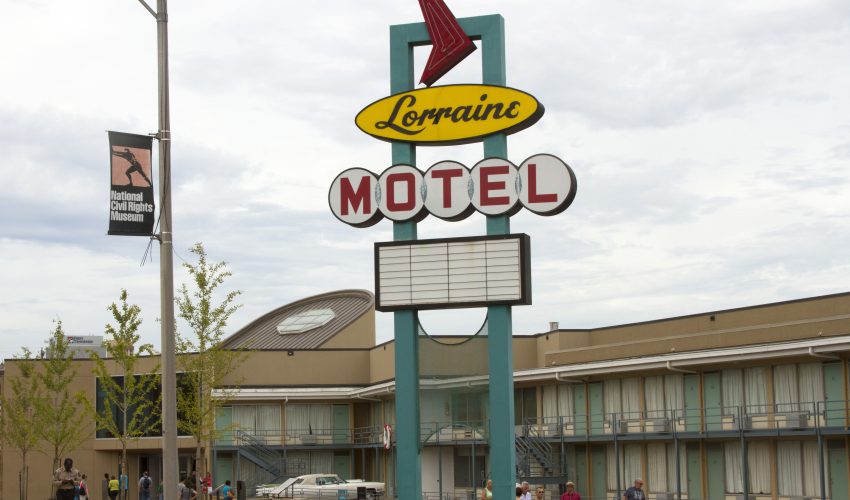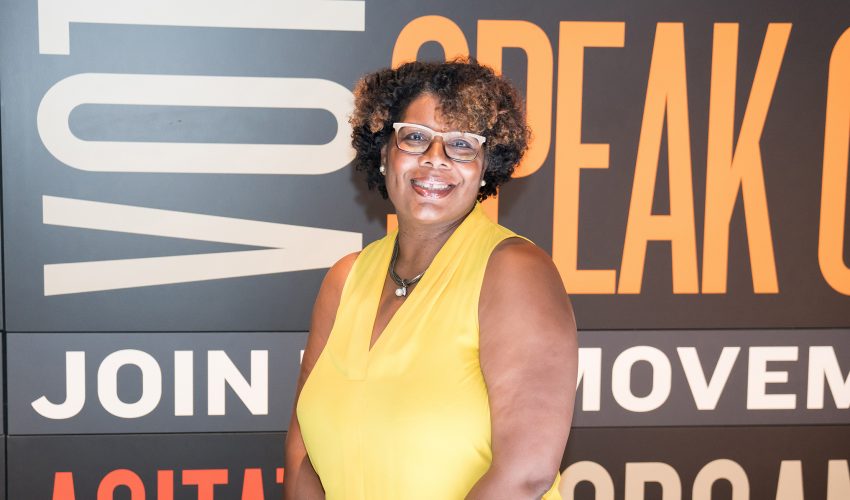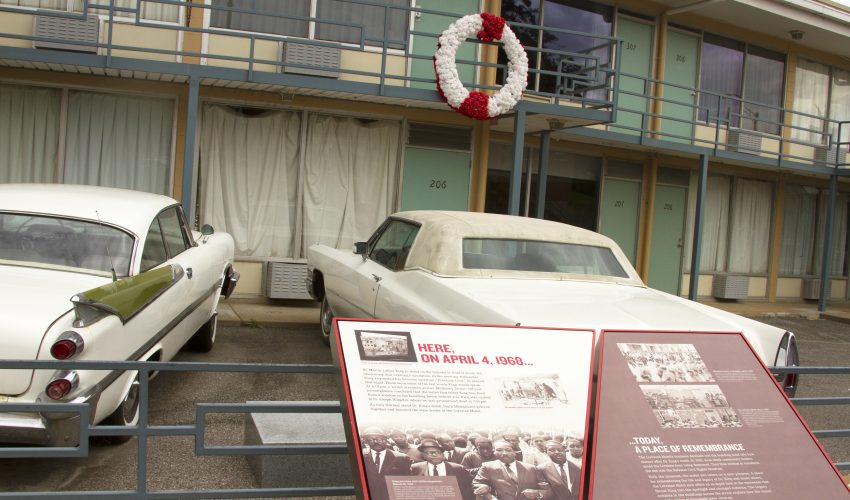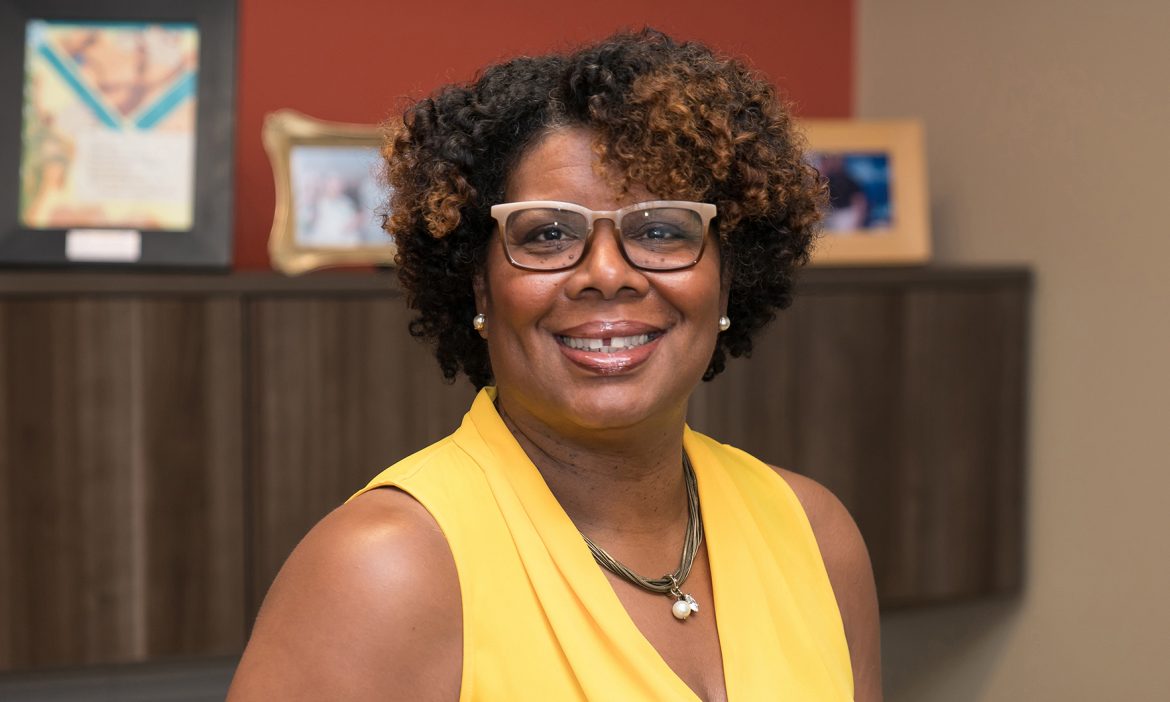Dr. Martin Luther King Jr. was assassinated when he stood on a balcony at the Lorraine Motel in Memphis, Tennessee. It was a moment that shocked the nation and galvanized support for the long-building civil rights movement.
Dr. King’s message of hope and equality for all continues to inspire.
In 1991, the National Civil Rights Museum (NCRM) opened to pay tribute to his work and document the history behind the movement he helped lead. It is located at the Lorraine Motel, turning a place of mourning into a monument of inspiration.
Better Tennessee spoke to Terri Freeman, president of NCRM, about the museum’s impact and goals.
Q&A
Better Tennessee: Let’s start by talking about the museum in the context of the Memphis community specifically – what does it mean to residents to have the NCRM there?
Terri Freeman: We know that about 70% of the visitors to the museum are not local, they come from more than 120 miles away. What’s interesting is that, over the course of the past several years we’ve seen an uptick in the numbers of local people who are interfacing with the museum, beyond walking through our exhibits. Local residents are coming to our book and author series, forums, movie and documentary screenings and other programs.
So, we know that people are engaging with us more. And we are partnering more and more with nonprofit groups that benefit the community.
For example, we recently worked on a voter education initiative, focusing not on registration, but on the process of voting – from knowing what is on the ballot to understanding your rights as a voter. One of Dr. King’s greatest accomplishments was around the Voting Rights Act and we want to engage as many people in the voting process as possible.
It is not about partisanship; It is about getting people involved.
A group called Stand For Children has hosted forums here about education issues in Shelby County. We have said that education is a civil rights issue.

BT: On the flip side, what does it mean for the museum to be in Memphis, and this specific site where something so terrible happened?
Freeman: The history is here, from slave trade to Reconstruction; a thriving African-American middle class in the early 20th century; the sanitation workers strike and all that occurred during the civil rights era. The Lorraine Motel is an historic site itself, but even if it didn’t play a role in the civil rights movement’s history, Memphis would be the right place for a National Civil Rights Museum.
BT: One of the goals of the museum is education. Why is it important to keep the story of the civil rights movement alive?
Freeman: I like to say that this history that we speak of is not African-American history, it is American history. The second point is that we are our history.
Without history we are nothing. If we don’t know the past, then we are just floundering around.
History is important to help ground us, both the good and bad. It gives us a rudder so that we can move forward.
Our role, like any museum’s role, is to present an accurate interpretation of what happened historically. The statement used so often is true: If you don’t know your history, you are doomed to repeat it.

BT: Another museum goal is to inspire. What do you see as the NCRM’s role in encouraging visitors to think bigger, or to make a difference?
Freeman: In 2017, we screened the documentary 13th, named for the 13th Amendment, which abolished slavery in the U.S., except for criminals. The exception is explored in relation to the high incarceration rates of African-Americans. A gentleman came up to me later and said, “I tell everybody I meet that they have to see this because it outlines why we are in the situation we are in.”
When someone says that they were exposed to something in the museum that encourages them to get others to learn more, that means that we are making a difference.
One other moment I remember was when a young man stood up at one of our forums and said that he always wanted to be a philosopher when he grew up. He had previously been incarcerated, and here he was seeing people at the front of the room talking about issues that were important to him and that spurred him to speak — to be the person at the front of the room.
Well, check off the success box. Because that shows that once you believe you can do something, then you will do it.
BT: Your professional background before joining NCRM was in philanthropy. How does that experience translate into what you do as president of the museum?
Freeman: I don’t think that I have what anyone would call a traditional museum management or historian background. When I came into this role, I was specific in saying that if the interest was to bring in someone who has museum management experience, then I was not the person for the job. But when it comes to helping the museum connect with the community, to take this history and connection it to current issues, to broaden partnerships — well that’s right up my alley.
One of my greatest skills is knowing what I don’t know and being able to hire people who know what I don’t know.
And so, I hired an outstanding museum professional and historian to do that part of the work for the museum. I came to the job knowing that I would provide the greatest benefit by positioning NCRM as a place where you can observe and interact with our civil rights history, but then you can take that knowledge and utilize it today. And to give people information that will help them see what their next steps need to be.
With this year being the 50th anniversary of the assassination that occurred here at the Lorraine Motel, it would be easy for us to ponder that moment. But we are not.
We are taking the legacy that Dr. King left. As opposed to wallowing on what happened on April 4, 1968, which was a tragic and violent event, we would rather talk about Dr. King’s legacy as the great peacemaker, and what he would want us to be focused on in 2018 and beyond.
“There lived a people who had the moral courage to stand up for their rights and thereby they injected a new meaning into the veins of history and of civilization.”
— Dr. Martin Luther King, Jr.




